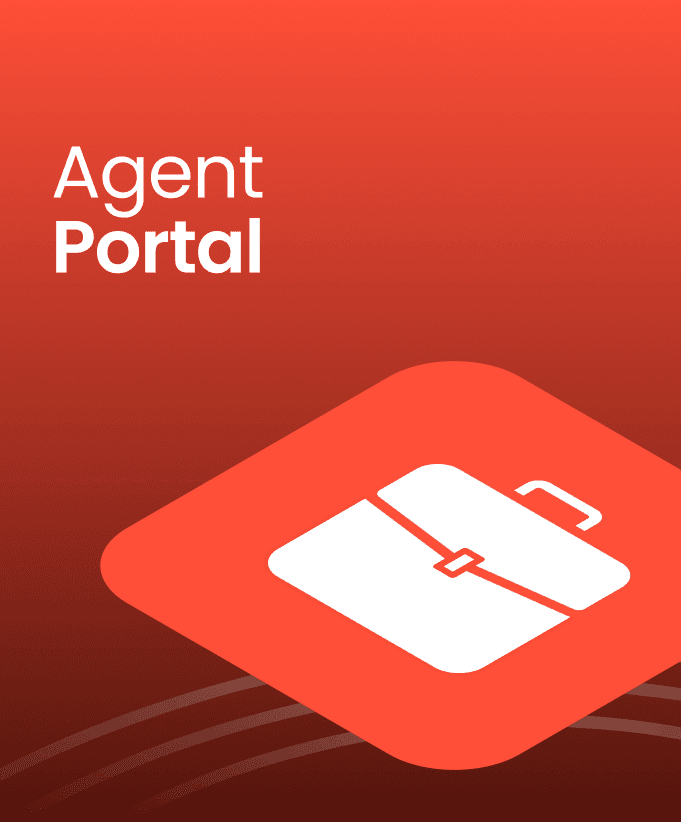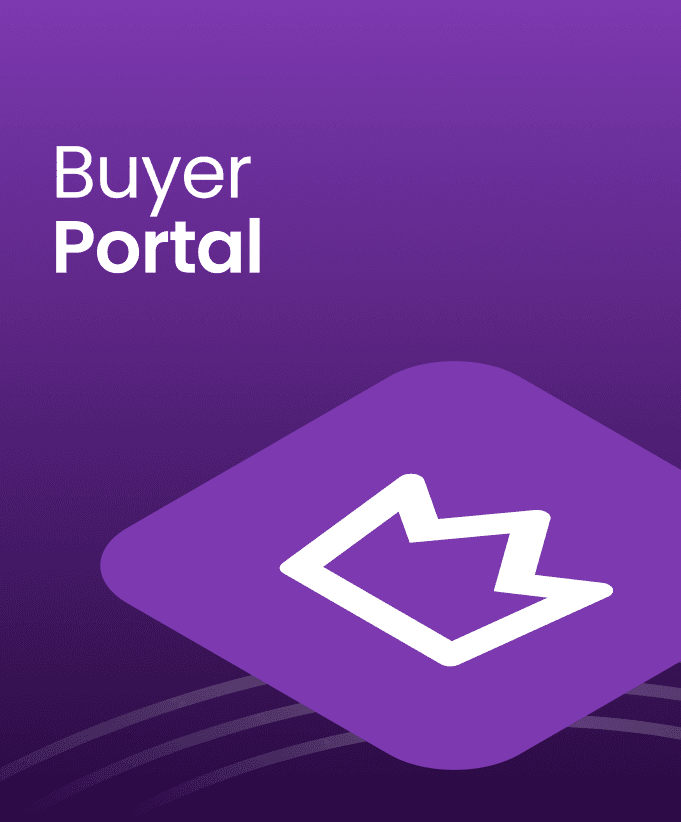
Mar 18, 2025
Empowering External Agents: How Broker Portals Are Redefining Partnership Models
In today's competitive real estate market, the relationship between property developers, agencies, and their external agent networks can make or break business growth. Traditional models of collaboration—characterized by endless email chains, outdated property information, and delayed communication—are rapidly becoming obsolete. Forward-thinking real estate businesses are discovering that dedicated broker portals are not merely a technological convenience but a strategic advantage that transforms partnership dynamics.
The External Agent Challenge
For property developers and larger agencies, external agents and brokers represent a critical extension of their sales force. Yet managing these relationships has historically presented significant challenges:
Information asymmetry: External agents often work with outdated pricing sheets or property specifications
Marketing material inconsistency: Brochures and promotional materials get diluted or altered as they pass through different hands
Lead attribution confusion: Tracking which leads came from which agents becomes increasingly complex
Delayed feedback loops: Agents may not know the status of their submitted leads for days or weeks
These friction points don't just create operational inefficiencies—they directly impact revenue and growth potential by slowing down sales cycles and creating frustration for all parties involved.
The Broker Portal Revolution
Modern broker portals integrated with back-end CRM systems are fundamentally changing this dynamic. Through dedicated agent portals, property developers and agencies can create a seamless experience that benefits everyone in the ecosystem.
24/7 Access to Real-Time Information
One of the most transformative aspects of broker portals is the constant availability of up-to-date information. External agents no longer need to wonder if they're working with the latest property details or pricing.
Maria Sanchez, Sales Director at Coastline Properties, notes: "Before implementing our agent portal, we were spending 15-20 hours weekly just responding to external agent queries about property availability and pricing. Now that information is automatically updated in real-time, our team can focus on higher-value activities while our external partners have increased confidence in what they're selling."
This real-time synchronization creates a ripple effect of benefits:
Agents can confidently present accurate information to potential buyers
Price changes or property status updates are immediately reflected
Special offers or promotions can be communicated instantly
Transparency builds trust between developers and their external sales channels
Marketing Collateral On Demand
The quality and consistency of marketing materials directly impact an agent's ability to sell effectively. Modern broker portals address this by providing:
Centralized document repositories: Floor plans, high-resolution images, and brochures are always available in their most current versions
Branded and unbranded options: Agents can choose materials with or without developer branding based on their specific needs
Customization capabilities: Some systems allow agents to co-brand materials with their own logos
Multi-format availability: From print-ready PDFs to digital assets optimized for social sharing
This democratization of marketing assets ensures that even smaller agencies or individual agents can present properties with the same professionalism as the developer's in-house team.
Lead Registration and Transparency
Perhaps the most significant shift in partnership dynamics comes from the improved handling of leads and sales pipelines. Advanced broker portals offer:
Secure lead registration: Agents can register potential buyers directly in the system, establishing clear ownership
Status tracking: Agents can monitor how their leads are progressing through the sales funnel
Comment and update visibility: Communication about specific leads is centralized and visible to relevant parties
Commission tracking: Clear documentation of agreements and expected payments
This transparency addresses one of the most common sources of friction in external agent relationships: uncertainty about lead handling and compensation.
Case Study: Transformation in Action
Mediterranean Developments, a mid-sized property developer with projects across three countries, implemented an integrated broker portal last year. The results have been remarkable:
40% increase in external agent engagement: More agents actively promoting their properties
28% reduction in sales cycle length: From first inquiry to reservation
65% decrease in information-related queries: Freeing up the internal team
35% increase in lead registration: External agents are more willing to share leads when they trust the process
Their Director of Sales explains: "The psychological impact cannot be overstated. When external agents know they can trust your processes and that their contributions are valued and protected, they prioritize your properties. It's transformed casual partnerships into strategic alliances."
Beyond Technology: The Trust Equation
While the technological capabilities of broker portals drive operational improvements, the true transformation happens at the relationship level. By implementing these systems, developers and agencies signal several important messages to their external partners:
Your time is valuable: We've invested in making information accessible so you don't waste time chasing updates
Your contribution is recognized: Clear lead attribution ensures proper credit and compensation
You're a true partner: Access to professional tools and resources demonstrates commitment to mutual success
We value transparency: Open communication builds the foundation for long-term collaboration
Implementing for Success
For real estate businesses considering broker portal implementation, several factors can maximize success:
Focus on User Experience
The portal should be intuitive and accessible on any device. External agents are less likely to adopt systems that create additional work or complexity.
Provide Meaningful Training
While good systems are intuitive, providing initial training and ongoing support ensures agents can maximize the portal's capabilities.
Start with Core Functionality
Begin with the features that deliver immediate value—property information, document access, and lead registration—before expanding to more advanced capabilities.
Gather and Implement Feedback
External agents are the end users, and their input should drive ongoing improvements to the portal's functionality.
The Future of Broker Collaboration
As broker portals evolve, we're seeing several emerging trends that will further transform partnership models:
AI-powered matching: Automatically suggesting properties to agents based on their historical sales patterns
Virtual reality integration: Allowing remote agents to conduct virtual property tours
Enhanced communication tools: In-platform messaging and notification systems
Performance analytics: Giving agents insights into their sales performance and areas for improvement
These advancements point toward an increasingly collaborative future where the lines between internal and external sales teams become increasingly blurred.
Conclusion
Broker portals represent far more than a technological upgrade—they're fundamentally reshaping the relationship between property developers, agencies, and their external sales channels. By addressing longstanding pain points around information access, marketing resources, and lead management, these systems create more equitable, transparent, and productive partnerships.
In a market where quality properties often compete for the attention of top-performing agents, those who invest in empowering their external partners will increasingly find themselves with a decisive competitive advantage. The future of real estate sales isn't just about great properties—it's about creating an ecosystem where every partner has the tools, information, and incentives to succeed.
Search
Sign up to our
Blog
Get the latest industry news, product updates and more. Plus receive our FREE real estate hashtags cheatsheet!








